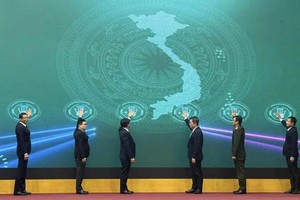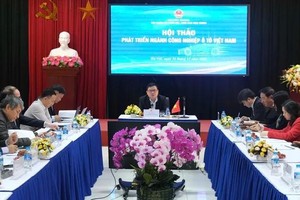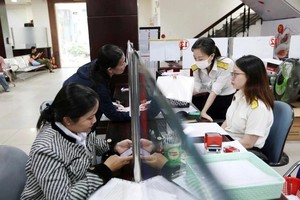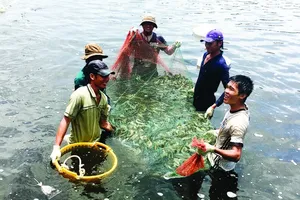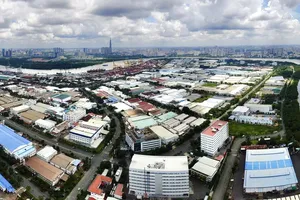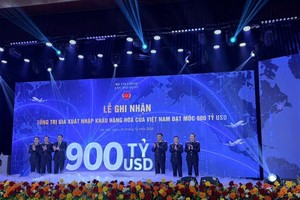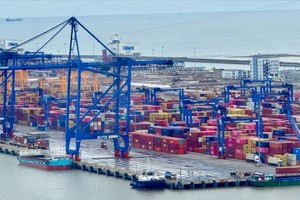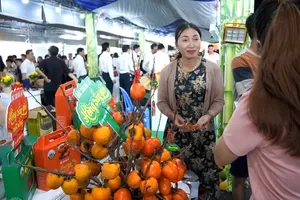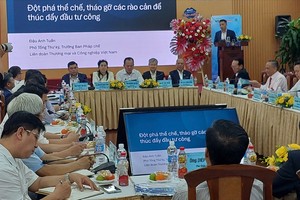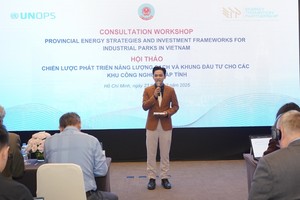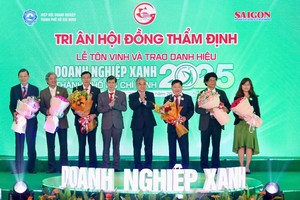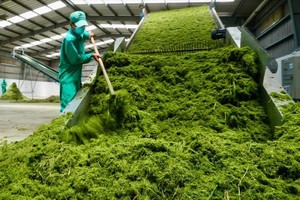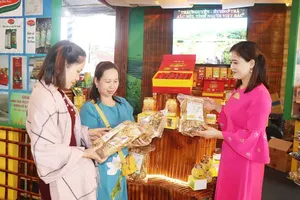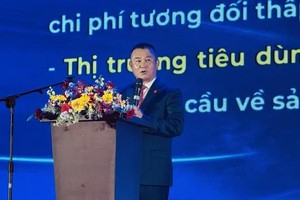Vietnam's seafood association and fishers opposed strongly the latest recommendation on Vietnam’s pangasius or tra fish of the World Wildlife Fund (WWF), which say the fish farms have polluted the environment.
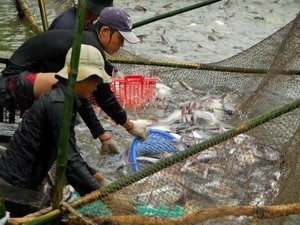
Tra fish was put on the red list of WWF's consumer guide, a compendium of various seafood guides published in several European countries including Germany, Norway, Switzerland, Austria, Belgium and Denmark.
The WWF's red list contains the names of products that conscientious consumers should avoid.
The fish used to be on the yellow list. The WWF recommends consumers purchase yellow-listed items only as alternatives to species on the green list — that is, products deemed good for the environment.
“A major problem is that [tra fish] farms pollute the natural environment around them, because nutrients, medicines and pesticides are washed into the surrounding rivers and lakes,” the listing reads. “Furthermore, there is no assurance that the feed used in production does not come from over-fished wild stocks.”
Professor Nguyen Viet Thang, chairman of the Vietnam Fishing Society, said the WWF “made a serious mistake” as Vietnam’s tra fish is the Pangasidae, different from common tra fish that can weigh 300 kilograms.
“Hundreds of countries around the world love Vietnam’s tra fish. WWF, meanwhile, undermined its prestige with the recommendation,” said Nguyen Huu Dung, vice chairman of Vietnam Association of Seafood Exporters and Processors (VASEP) in a brief meeting in Hanoi on Tuesday.
Dung also noticed the WWF did not offer any convincing evidence to conclude that Vietnam’s tra fish farming pollutes the environment.
Agriculture and Rural Development Deputy Minister Vu Van Tam said WWF’s accusation caused troubles to Vietnam’s tra fish farming industry, hurt local farmers hard and make bad effects to consumers around the world.
WWF’s recommendation also angered local farmers. Vo Van De, tra fish farmer at the Mekong Delta province of Can Tho, said he was shocked with the report saying the fish farms have polluted the environment.
“I don’t know which evidences they relied on showed fish farms in Mekong Delta polluted. This judgment is unacceptable as it undermines our prestige,” De said.
He also noticed that instead of operating farms directly on rivers, tra fishes now were bred in ponds, which help farmers not to discharge waste directly into local waters.
Statistics by the VASEP showed that the local tra fish industry made a significant development, with some domestic producers even receiving Global GAP certificates for good agriculture practice.
Local seafood producers exported around 540,000 tons of tra fishes worth US$.15 billion into more than 120 countries worldwide in the first ten months of the year. Analysts expected this year’s export turnover of tra fish would reach $1.4-1.5 billion.
